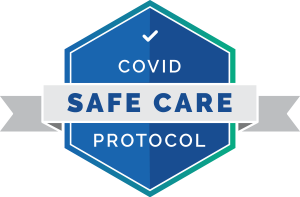Degenerative disc disease pain is most commonly felt in the lower back or neck, however, symptoms can manifest throughout the body. As the disc degenerates, the vertebrae begin closing in, getting closer and closer together, oftentimes pinching nearby nerves, signaling pain in the legs and arms.
It is important to note that while most individuals over the age of 60 have some level or form of degenerative disc disease, not all cases result in pain. Other common symptoms of degenerative disc disease include:
- Sharp or worsened pain when bending, twisting, or sitting.
- Pain when walking, running, or changing positions.
- Radiating pain extending to the arms or legs.
- Mild to severe discomfort.
- Numbness and weakness in extremities.
- Burning pain, pressure or tingling.
- Loss of bowel control.


